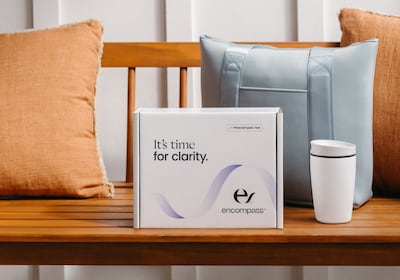A newly finalized guidance document from US FDA urges firms to incorporate device interoperability design and assessment from the beginning stages of product design. Companies should pay close attention to electronic interface functionality, data-exchange factors and time synchronization, among other challenges, the agency states.
The 21-page document spells out several specific concerns related to devices’ ability to safely exchange and use identifying information wirelessly or over ports such as USB, as well as strategies the agency expects manufacturers to use to mitigate any risks tied to interoperability
Read the full article – start your free trial today!
Join thousands of industry professionals who rely on Medtech Insight for daily insights
- Start your 7-day free trial
- Explore trusted news, analysis, and insights
- Access comprehensive global coverage
- Enjoy instant access – no credit card required
Already a subscriber?







